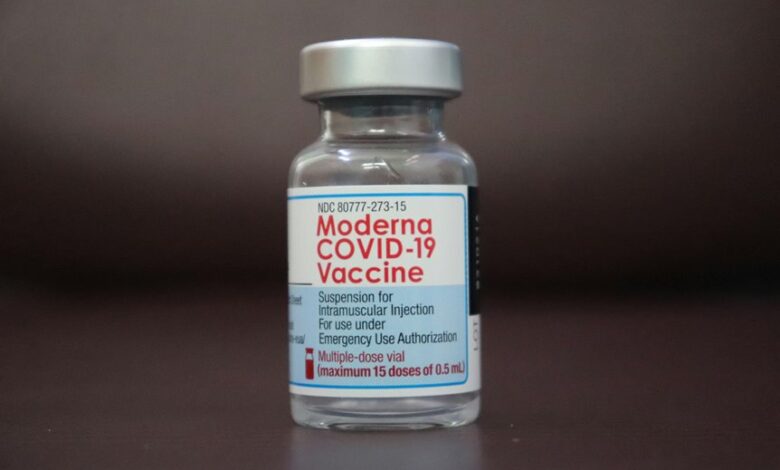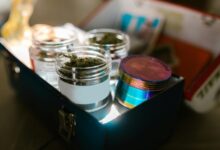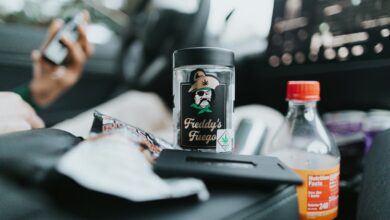Is Cbd Approved by the Fda

The FDA's stance on CBD is cautious and measured. Currently, the only approved CBD product is Epidiolex, which treats specific epilepsy disorders. This limited approval highlights the need for more clinical trials to establish CBD's efficacy for various other applications. As CBD continues to rise in popularity, both consumers and manufacturers face significant regulatory challenges and safety concerns that warrant further examination. What implications does this have for the future of CBD products?
Overview of CBD and Its Uses
Cannabidiol (CBD) is a compound derived from the cannabis plant, known for its potential therapeutic benefits.
CBD applications include pain relief, anxiety reduction, and anti-inflammatory effects. Users report various CBD benefits, such as improved sleep quality and enhanced mood.
This versatility has led to its growing popularity among those seeking natural alternatives for health and wellness, promoting a sense of personal freedom.
FDA Approval of CBD Products
What is the current status of CBD products regarding FDA approval?
The FDA has approved only one CBD product, Epidiolex, for specific epilepsy conditions.
Ongoing cbd regulations require further clinical trials to assess safety and efficacy for other uses.
This limited approval reflects a cautious approach, emphasizing the need for more comprehensive research before broader acceptance of CBD products in the market.
Regulatory Challenges and Considerations
The limited approval of Epidiolex highlights the regulatory challenges surrounding CBD products.
Various regulatory hurdles impede broader acceptance, including stringent testing requirements and unclear guidelines.
Compliance issues arise as manufacturers navigate a complex landscape of state and federal laws.
This uncertainty complicates the ability of businesses to innovate while ensuring consumer safety, underscoring the need for clearer regulations in the evolving CBD market.
What This Means for Consumers and Manufacturers
As regulatory uncertainties persist, both consumers and manufacturers face significant implications in the CBD market.
Consumers demand assurance of safety, while manufacturers grapple with the challenge of meeting fluctuating manufacturing standards.
Without clear guidelines, the risk of subpar products increases, potentially undermining consumer safety.
The evolving landscape necessitates vigilance from both parties to navigate the complexities of CBD's regulatory environment effectively.
Conclusion
In summary, while CBD offers potential benefits, its FDA approval remains limited. Consumers face uncertainties in safety and efficacy, while manufacturers contend with regulatory hurdles. The landscape is evolving, yet the cautious approach of the FDA emphasizes the need for thorough research and transparency. As interest in CBD continues to grow, informed decisions and adherence to regulations will be crucial for both consumers seeking wellness solutions and manufacturers striving for compliance in a complex market.






